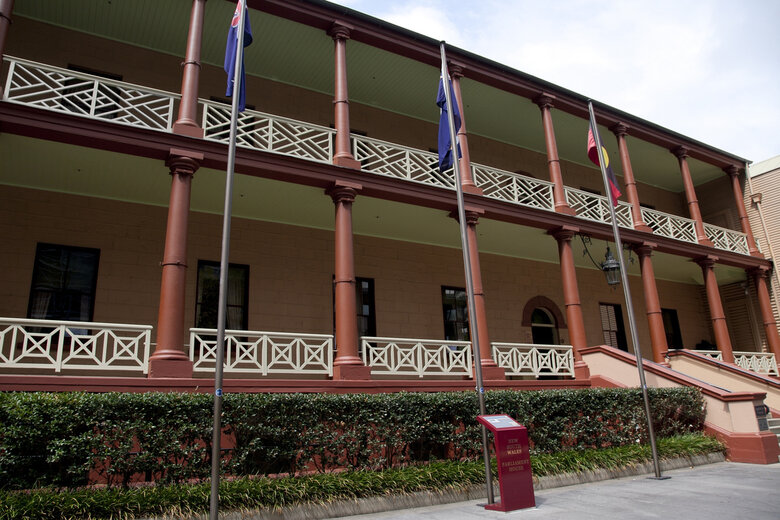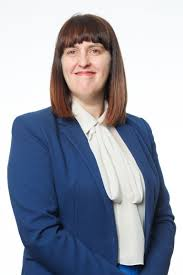
NSW bureaucrats have been questioned about progress on the state government’s commitment to increase local procurement, as it was revealed that local content isn’t necessarily that local.

The Upper House Standing Committee on Social Issues last week opened public hearings into the procurement practices of NSW government agencies.
The inquiry is looking into how the government can boost value for money and ensure accountability and ethics in its procurement practices.
Witnesses were questioned about progress on the government’s attempt to boost local procurement from 20 per cent to 30 per cent, a commitment made at the last election.
NSW Treasury Deputy Secretary, Commercial, Sonya Campbell said the changes would be implemented by a yet to be established NSW jobs commission tasked with advocating for NSW-based industries, increasing local content, using procurement to boost the local workforce and enforcing compliance with procurement policies.
But Oppostion MP Damien Tudehope said increasing local procurement should be a relatively uncomplicated matter.
“If it was the policy of the government when they came to office to increase that figure, it would not have been too difficult to in fact give a direction to the (procurement) board, the week after you came into office, that that figure be increased from 20 per cent to 30 per cent. It could have been done.” he said.
Ms Campbell said Mr Tudehope’s comment was noted.
Not difficult to life construction procurement
Mr Tudehope later pursued the line of questioning with Said Hirsh from Infrastructure NSW, who agreed it wouldn’t be difficult to increase local construction procurement to 30 per cent.
“Is there any difficulty in delivering the government’s commitment to increase local content to 30 per cent?” Mr Tudehope asked.
“If the Minister gave a direction tomorrow that the local content was going to be 30 per cent, there would not be any difficulty in acting on that in terms of construction procurement, would there?”
Mr Hirsh replied : “Not necessarily, no.”
When local doesn’t mean local
Ms Campbell also confirmed that “local content” is currently defined not just as content from NSW, but included content from across Australia and New Zealand.
“So it doesn’t necessarily benefit the state of NSW,” Mr Tudehope said.
“In terms of job creation as part of the government commitment, is it looking specifically at job creation in NSW or is it looking at job creation in Australia and New Zealand?”
Ms Campbell replied: “It’s a good question, but we’re obviously in policy consultation and development so I don’t think we can answer that question at this time.”
The committee heard that the transport department has set a goal of reaching 50 per cent minimum local content for rolling stock by 2027.

Transport secretary Josh Murray told the committee that the TfNSW’s definition of local content aligned with Treasury to include other Australian states and New Zealand.
However that may evolve, he said.
TfNSW executive director NSW Belinda Ritchie told the committee the department is currently mapping local industry capability nationally and in New Zealand, and 65 NSW businesses have registered an expression of interest in the Future Fleet program.
“We’re working with the industry capability network to understand what the supply chain capability is, both in NSW and nationally,” she said.
As previously reported by Government News, the NSW ICAC has raised concerns in a submission to the inquiry that local procurement could potentially create opportunities for corruption.
Comment below to have your say on this story.
If you have a news story or tip-off, get in touch at editorial@governmentnews.com.au.
Sign up to the Government News newsletter